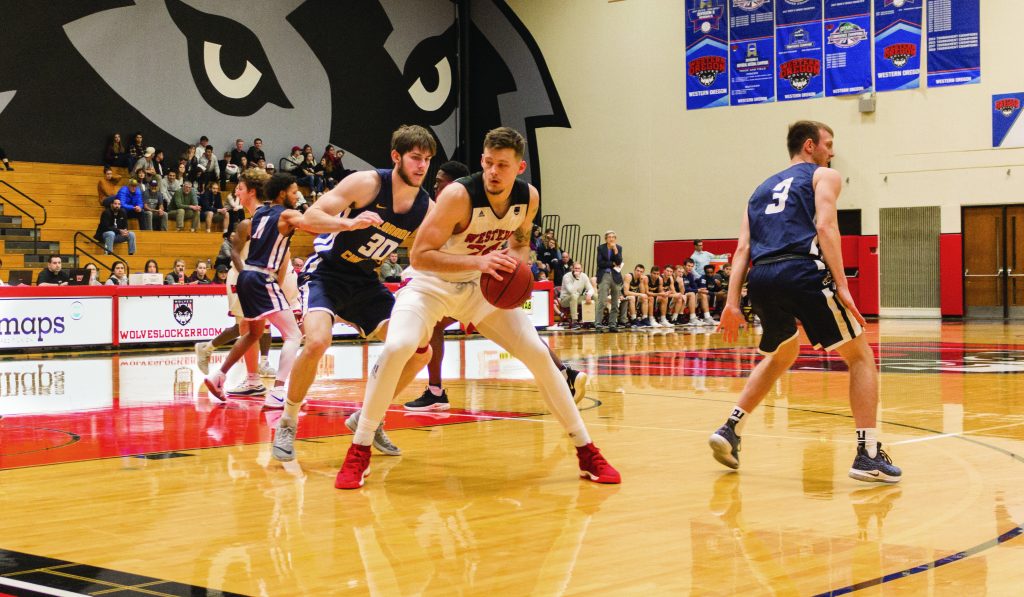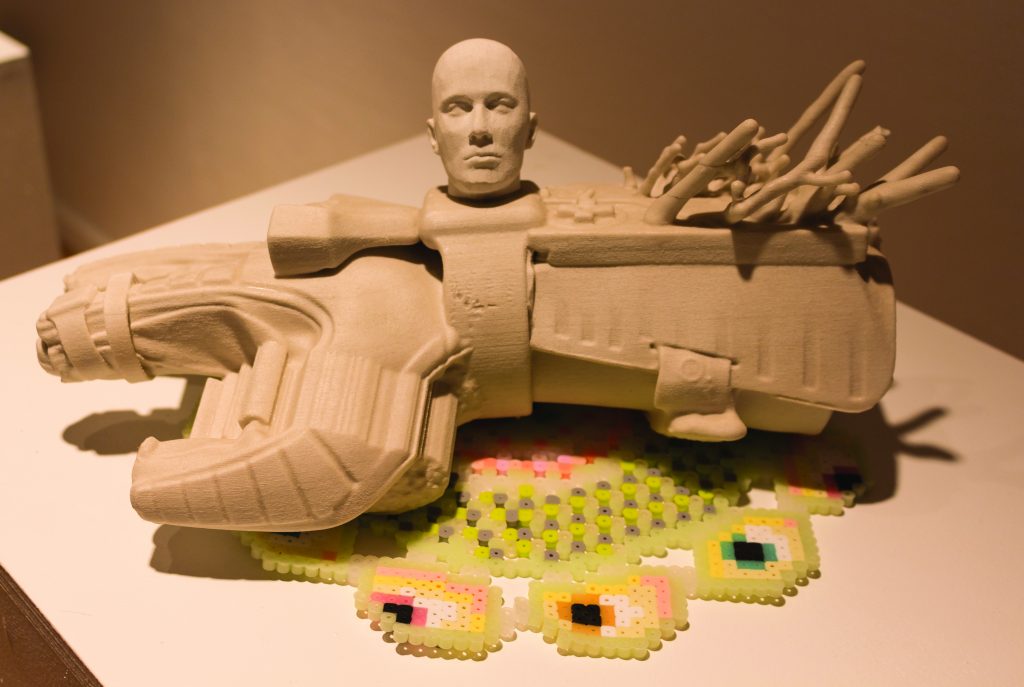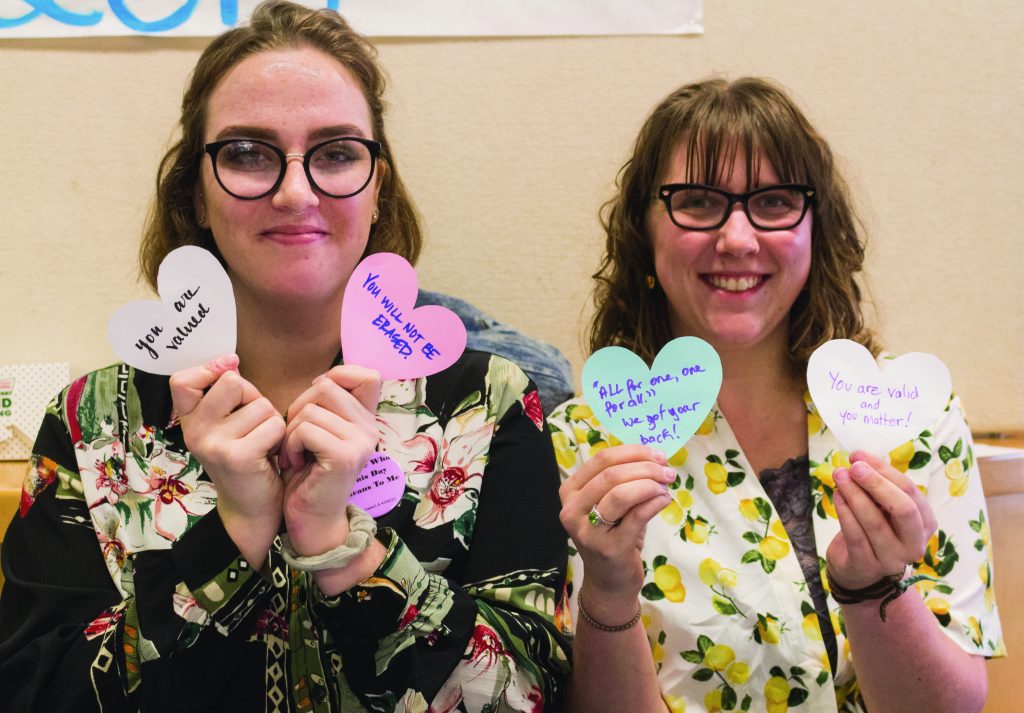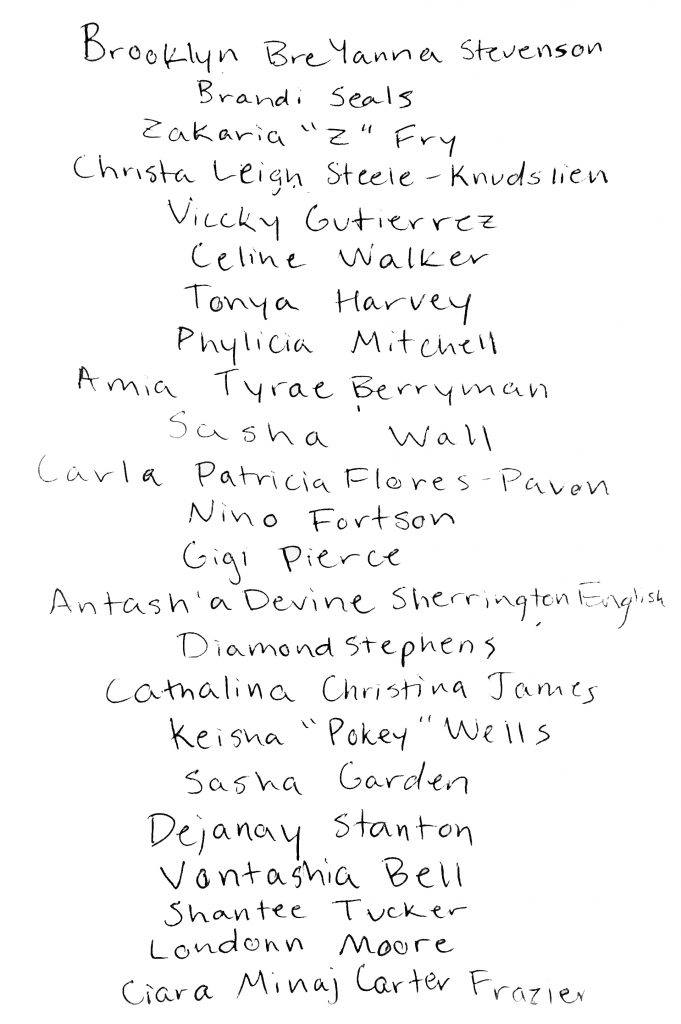
Bailey Thompson | News Editor
Trans women of color have a one in eight chance of being murdered, according to Trans Student Educational Resources.
Aiming to shed light on sobering statistics such as this, Western’s Stonewall Center set up a table in the Werner University Center on Nov. 15 to observe Trans Day of Remembrance — a day which occurs annually on Nov. 20.
In order to honor those who have been murdered because of their trans identity, Stonewall Center sought to spread awareness and love within the Western community by distributing flyers and having students write notes of encouragement and support on paper hearts that would later be joined to create a transgender flag.
In the midst of the tabling, Stonewall Center Coordinator and junior communications major Susannah Doepkin shared the reason that this day is commemorated each year.
“It’s to remember those whose lives have been lost due to acts of violence against people in the trans community,” said Doepkin.
When asked about how she hoped that this event might impact Western’s students, staff and faculty, Doepkin shared that her wish was for it to first make them uncomfortable — and ultimately allow them to grow.
“I hope it’s a sobering thing because a lot of the time people don’t even think about it,” said Doepkin. “And I think that acknowledging it and making you slightly uncomfortable is a good thing.”
With the current political climate of the United States, Doepkin shared that a number of transgender individuals’ rights are in jeopardy, so it’s more important now than ever to offer love and support to that community.
“Even things like having gender-neutral bathrooms is a huge thing for people just to feel comfortable in,” said Doepkin, discussing actions that can be taken to support transgender people. Building off this idea, Doepkin also stated that “one of the big things I’ve noticed is pronouns — addressing pronouns and respecting pronouns — and even if that’s being an ally to the community and putting your pronouns in your email signature or in a Twitter bio, I think that immediately shows support to the trans community that you’re a safe space for them.”
Although it can be disheartening to hear about the number of transgender people who are still killed in hate crimes every year, Doepkin shared that she has hope for the way things could move in the future.
“There were two less names (on the list of trans people killed) than last year, and although that may not seem like a lot, that is at least a small step forward,” Doepkin said.
If students are interested in learning more about Trans Day of Remembrance and what they can do to support the trans community, they can visit the Stonewall Center in Werner University Center Room 110 or they can utilize web sites such as glaad.org to learn more about transgender issues.
The names of 23 transgender people who have lost their lives in the US so far in 2018 due to acts of violence

Contact the author at howlnews@wou.edu
Photo courtesy of Ashlynn Norton. List by Brittany Figueroa.








